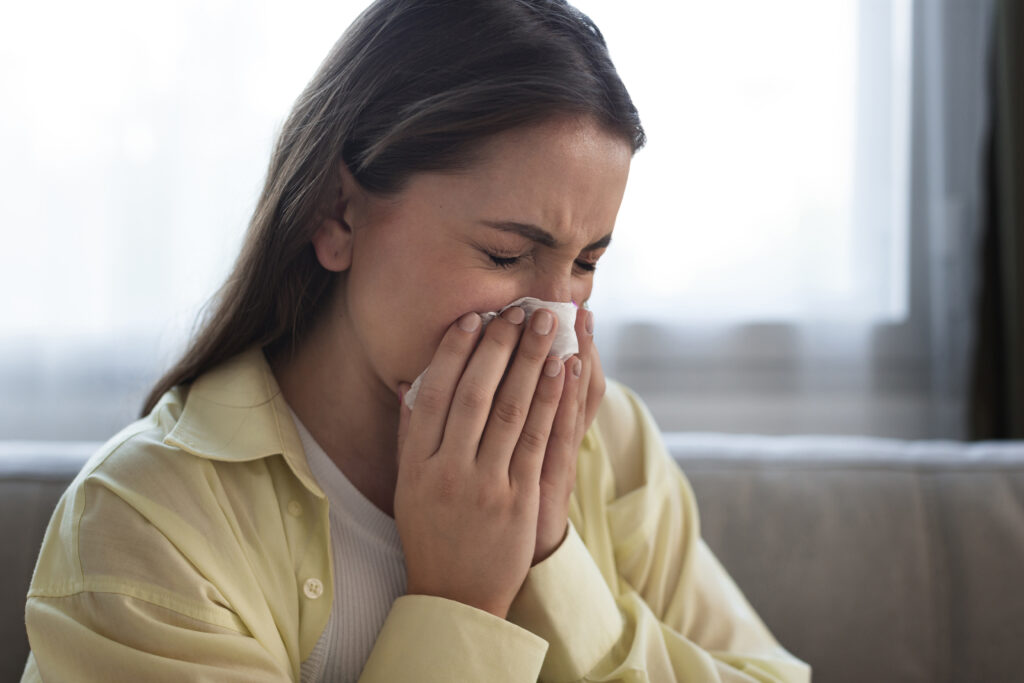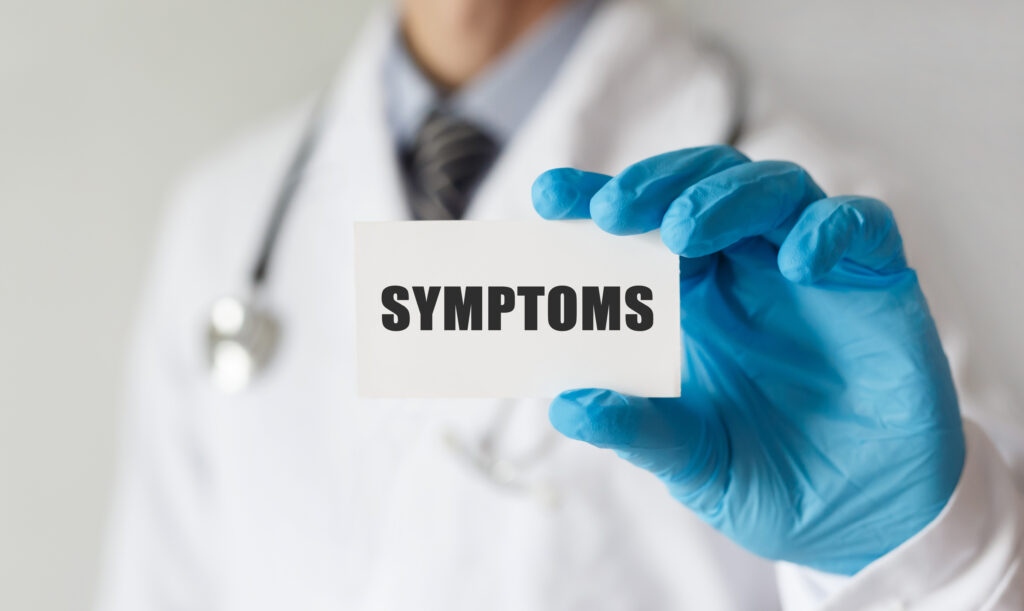Quick Summary
Evaluating immune system power means comparing its efficiency to that of an average and healthy immune system. A low immune system power is characterized by the inability of the immune system to protect body against infections & diseases. Such factors as inadequate diet, illnesses, stress, and poor lifestyle are causes of Weak Immune System suppression. Of course, with weakened immunity, this is the first thing: often to get sick, take a long time to heal, and get tired quickly. Some of these include making food choices that support a healthy nutritional value, doing regular exercises, sleeping, and reducing stress. Furthermore, simple medical measures like taking insulin for a sick individual, or getting an anti-bird flu vaccine and checkups among other medical necessities are very important in building up a good immune body.
Introduction
The immune system is responsible for protecting your body against organisms such as bacteria, viruses, and any other pathogen likely to cause disease. The Weak Immune System acts to maintain your health when operated normally or as described by Economists below. Your immune system acts like a protective barrier against infections and diseases and its ability to function optimally is crucial to easy recovery when attacked by a disease.
Immunodeficiency, which leads to a weak immune system, depends on several factors such as genetics, underlying diseases, or lifestyle choices. In this blog, we will discuss the causes of weak immunity, symptoms, natural remedies, and how to strengthen your body’s defenses. For healthcare providers, DrPro Clinic Management System offers comprehensive tools to manage patient care, ensuring efficient tracking and treatment of immune-related conditions. Stay informed and protect your health with the right support.
Why Does One Have A Weak Immune System?
Nutritional Deficiencies:
There are various vitamins and minerals that your body depends on for the proper functioning of your Weak Immune System. Vitamins A, C, and E and minerals such as Zinc and iron help the body produce a strong immune system, and any shortages affect immunity. For instance, vitamin ‘C’ also plays a role in the synthesis of white blood cells, which are involved in combating infections, and zinc is involved in the development of various immune cells.
Chronic Diseases:
These diseases include diabetics, AIDS, and other Autoimmune diseases like rheumatoid arthritis and lupus which affect the Weak Immune System. Diabetes for example alters the immune system response to infections while autoimmune diseases distort the sector and attack healthy tissues of the body.
Stress:
Stress that lasts daily produces hormones such as cortisol which in the long run depress theWeak Immune System. Chronic stress raises the level of inflammation in the body and hampers the ability of the immune system to fight infections, meaning it may take longer for you to recover from diseases.
Lack of Sleep:
It is therefore important for someone to sleep and get enough rest at night to support his or her immunity. When you are asleep, the body creates something called cytokines, which have the role of attacking infection and inflammation. If a person fails to get the required amount of sleep the production of cytokines is impaired and the body becomes inefficient in fighting the infections.
Poor Lifestyle Choices:
Staying away from cigarettes, limiting alcohol intake, and staying physically inactive can all greatly weaken one’s immunity. Smoking poses new toxins within your lungs and corrodes numerous tissues within your body that aid in the immune response towards respiratory illnesses. Alcohol drinking also affects Weak Immune System pathways and decreases the immune system’s ability to fight against dangerous bacteria and viruses.

Signs of a Weak Immune System
Frequent Infections: He also acknowledges that when you are always falling sick from colds, flu, or any other infections it might be due to a weak or challenged immunity system. Recurrent infections are almost always the first indicator of immunodeficiency.
Slow Healing Wounds:
intense is that theWeak Immune System has been identified to have a very crucial role in wound healing. If cuts and bruises also take long to heal then this could imply that your body’s healing processes are impaired. The gut is directly associated with immunity, and this is because the majority of the body’s immunity is located in the gut. Prolonged stress can lead to increased inflammation in the body and reduce the effectiveness of immune cells, making it harder for your body to defend itself against illnesses.
Lack of Sleep:
Sleep is critical for immune health. During sleep, your body produces proteins called cytokines, which target infection and inflammation. Without sufficient sleep, the production of these cytokines is reduced, making your body less able to fend off infections.
Poor Lifestyle Choices:
Smoking, excessive alcohol consumption, and a sedentary lifestyle can significantly harm your immune system. Smoking introduces harmful chemicals into your lungs, damaging tissues and reducing the body’s ability to fight respiratory infections. Likewise, alcohol consumption can interfere with theWeak Immune System’s pathways and reduce its capacity to defend against harmful bacteria and viruses.

Treatments for Immune System
Balanced Diet
A good diet is one of the best ways of getting a strong immunological defense system in the human body. A diet of nutrient-dense foods helps to guarantee that the body has all the vitamins and minerals necessary for immunity.
Eat a Variety of Nutrient-Rich Foods: Ensure you take foods such as fruits, vegetables, lean protein, and whole grain products. Healthy foods like berries, greens, and nuts contain antioxidants that prevent inflammation in the body and strengthen theWeak Immune System.
Probiotics: Healthy bacteria promoting gut health; immune system enhancing foods include yogurt, kefir, or even fermented vegetables. A proper microbiome contributes to antibody generation and protection against unhealthy bacterial and viral invasive organisms.
Stay Hydrated: Staying well-hydrated assists in the overall functioning of every part of your body including the immune system. The human body can only eliminate toxins and allow immune cells to freely circulate throughout the body if well hydrated.
For more tips on improving your immune health, follow our DrPro Health Blog and stay updated with the latest health and wellness information.
Regular Exercise
Movement is known to have an extremely important role in boosting immune systems. Physiological indicators have shown moderate exercise can improve immune function through improving circulation which aids how immune cells can move around the body.
Moderate Exercise: It’s natural to also minimize your risk of getting leg cramps through exercises like walking, jogging, or even doing yoga to fend off common illnesses. Exercise also helps in decreasing inflammation and stress hormones which are so destructive to the Weak Immune System.
Avoid Overtraining: However, training To the extent, it helps the body, but if one overstrains himself/herself, then he/she will stress his / her Weak Immune System. So it is especially relevant to pay attention to your body’s messages and allow it rest when necessary.
Adequate Sleep
This ensures that the body is relaxed, and the … immune system is given enough rest it needs for it to function at its best. Sleep is essential for the body to rejuvenate, and any form of deprivation thereof will slowly drain the body’s Weak Immune System.
Establish a Sleep Routine: Adults should try to get about 7-9 hours of sleep every night. It also pointed out that a prescribed routine yields positive results regarding immune function by producing cytokines and antibodies in human beings.
Create a Restful Environment: To have a better quality of sleep, ensure that the bedroom is well-lit, free from noise, and warm. Reduce your chances of having a poor night’s sleep by avoiding screens and bright lights before going to bed.
Stress Management
Stress management is very important so as to have a good immunity these are the four immunity-boosting tips. Thus when a person suffers from chronic stress the immune system undergoes inflammation and its efficiency decreases.
Mindfulness Practices: Some of the approaches that would help to reduce stress include; meditation, deep breathing exercises, and progressive muscle relaxation. Reducing stress prevents a state where the immune system gets overloaded with stress hormones such as cortisol.
Hobbies and Social Activities: Positive health behavior like going out for activities you like or connecting with other people decreases stress hence enhancing immune health.
Avoid Harmful Habits
Some of the ways we live, including the activities we indulge in often, are known to hamper the immune response, hence if you avoid them, your immunity will be boosted.
Quit Smoking: The effects of smoking harm the lungs as it weakens the Weak Immune System’s capability of fending off disease resulting in increased vulnerability to infections along the respiratory system.
Limit Alcohol: Alcohol consumed in large amounts will interfere with the immune system’s normal functioning. People need to follow moderation so that the effects, which cause weakening of immune markers, are not felt.
Medical Steps
Apart from lifestyle measures, certain medical actions can also assist in building the Weak Immune System.
Vaccinations: It is important to receive all necessary vaccinations because many diseases & illnesses are readily curable with the use of vaccines.
Regular Check-Ups: Prenatal tests are recommended whose outcome might otherwise alter your weak Immune System and would make it difficult for a pregnant woman to notice early enough. Prompt treatment is important when it comes to complications.
Conclusion
A good defense mechanism is of paramount importance to the health of an individual. There are clear signs that your immune system may be at risk, but these tips can help protect you from germs & illness. Maintaining a balanced diet, exercising, getting enough sleep, reducing stress, and having access to good medical care are essential for boosting immunity and keeping your body ready to defend itself.
FAQs
Q1. What are the most common signs of a weak immune system?
Frequent infections, slow-healing wounds, chronic fatigue, and digestive issues are common signs of immune deficiency.
Q2. Can stress weaken my immune system?
Yes, chronic stress releases hormones that suppress immune function and increase inflammation.
Q3. How does sleep affect my immune health?
Sleep is essential for immune function, as it allows the body to produce infection-fighting proteins like cytokines.
Q4. Which foods can help boost my immune system?
Foods rich in vitamins A, C, E, zinc, and probiotics (like yogurt and kefir) are great for supporting immune health.
Q5. Should I take supplements to boost my immune system?
It’s best to consult with a healthcare provider before taking any supplements, as they may not be necessary for everyone.


